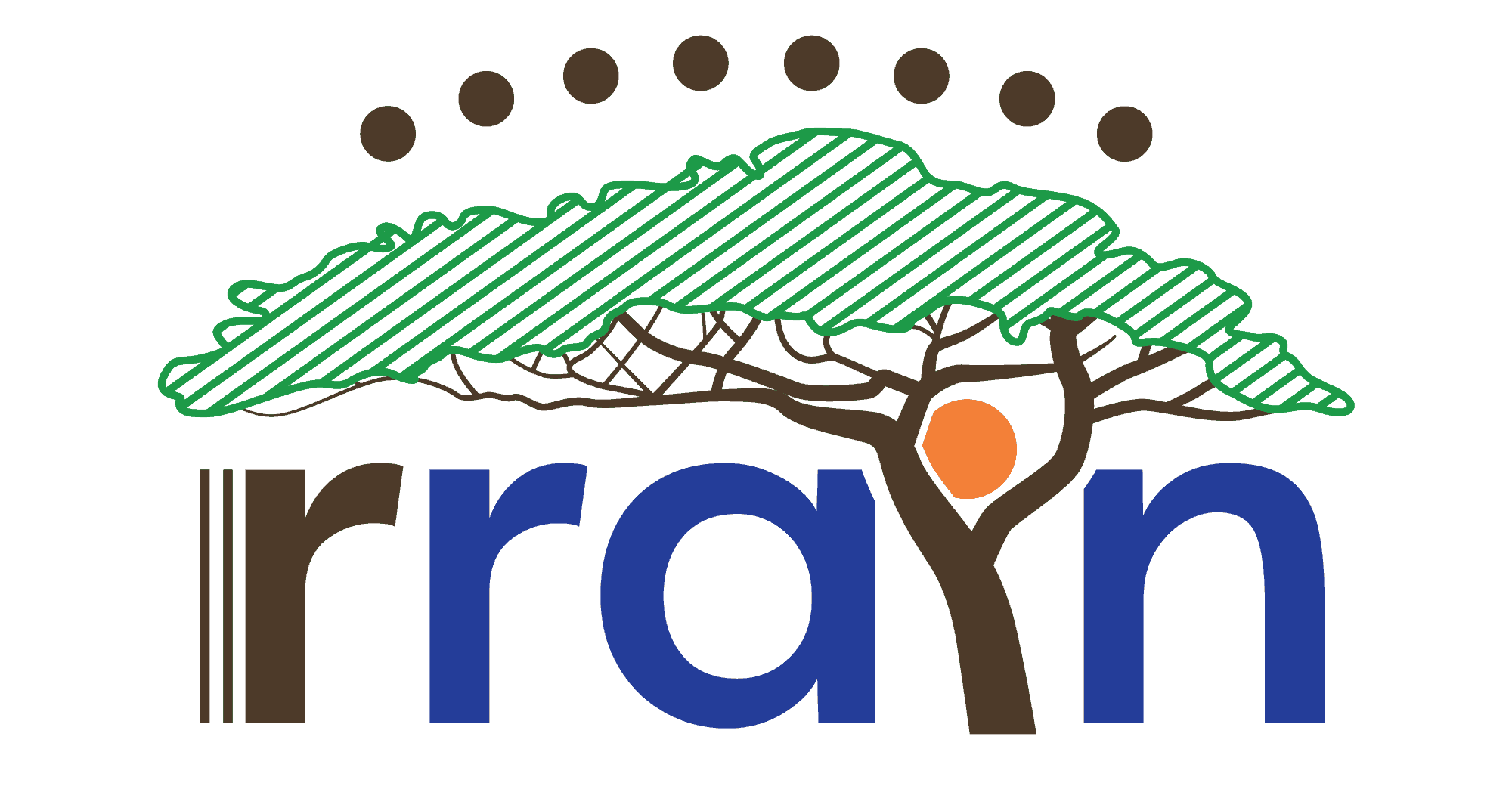About us
Our approach
RRAIN (Resilient Regenerative Agricultural Initiative) follows the landscapes approach to agricultural development.
In RRAIN our network interprets the landscapes approach to agriculture to be a holistic way of looking at, managing and utilising land resources in order to maximise the benefits of farming while minimising the negative impacts on the environment. For us, the term “landscapes” refers to the integration of the physical, biological and social elements of the environment. Our approach is based on the idea that a healthy, productive, and sustainable agricultural system must be based on an understanding of how the environment, local communities and economies interact.
Our goal in using the landscapes approach is to develop a plan for the land that considers the needs of all stakeholders, including farmers, environmentalists, local communities, and government on national, regional and local levels.
Our development plans identify the land’s potential for producing food, fibre, and other products, and how to best use the land to achieve these goals. It also considers the environmental, social and economic impacts of agricultural activities.
RRAIN’s approach involves using the latest technology, such as remote sensing and Geographic Information Systems (GIS), to identify land use and land cover, analyse land use and land cover change, measure soil fertility, and identify areas of land that are suitable for production. It also involves the use of economic, social and environmental data to identify and prioritise areas for investment in land management and development.
The landscapes approach in our projects also involves working with local indigenous communities to develop strategies for managing resources in a way that benefits both the people and the environment. This includes developing sustainable agricultural systems that use resources efficiently and minimise environmental damage, as well as providing incentives to farmers to use sustainable practices.
Our approach includes repair and regeneration of the environment where damage has been done to the topsoil and biodiversity through factors such as erosion, invasive species and overpopulation.
The landscapes approach followed by RRAIN is becoming increasingly better understood in the indigenous communities, where development projects are implemented due to their potential to increase agricultural production while reducing environmental damage. Taking a holistic approach to land management that considers the needs of all stakeholders, contributes to creating a productive and sustainable agricultural system.
The Southern African context
Rural communities in Southern Africa face two realities. Firstly, there are many different cultural communities that call the southern tip of Africa their home. Secondly, there are many hectares of arable land available that are not utilised or that were damaged by the wrong agricultural approaches. Farmers do not have the luxury to work with anything but reality; we at RRAIN subsequently work with grassroots realities when we embark on projects. We understand that a peaceful and prosperous future for the children of all cultural communities will only be possible if there are good relationships between these communities. Building lasting good relationships based on trust and mutual recognition and respect for customs and traditions are at the core of our approach to peoples. Lasting relationships cannot be built around agricultural methods that will ultimately lead to misery; we are therefore fully committed to the introduction and application of regenerative agricultural approaches. Changing minds and ways are not easy, but we do not have any other choice but to do what is better for people and the environment in the long run.
A key to the success of RRAIN is that culture, customs and heritage are recognised and respected during all phases of the projects. The projects have a specific additional outcome of ensuring good intercultural relations based on mutual recognition and respect between different cultural communities to contribute towards peaceful co-existence.
Collaboration between all stakeholders is critical to optimally utilise opportunities and to overcome challenges. Collaboration is built on trust, and trust is built on mutual recognition and respect. All stakeholders that are engaged have a common vision; this vision is to enable the peoples of Southern Africa to be resilient communities that are self-sufficient through commercialisation of agricultural activities in a sustainable manner that is in harmony with nature, so that there can be a bright future for the upcoming generations.
Our people
Kgosi (Queen) Gaboilelwe (Gabo) Moroka
Inkosazana (Princess) Bhelekazi Mabandla
Ms Iné Bester
Dr Theo de Jager
Mr Whiskey Kgabo
Ms Kelebogile (Lebo) Mosime
Mr Barend Uys
Mr Wimpie Vogel
